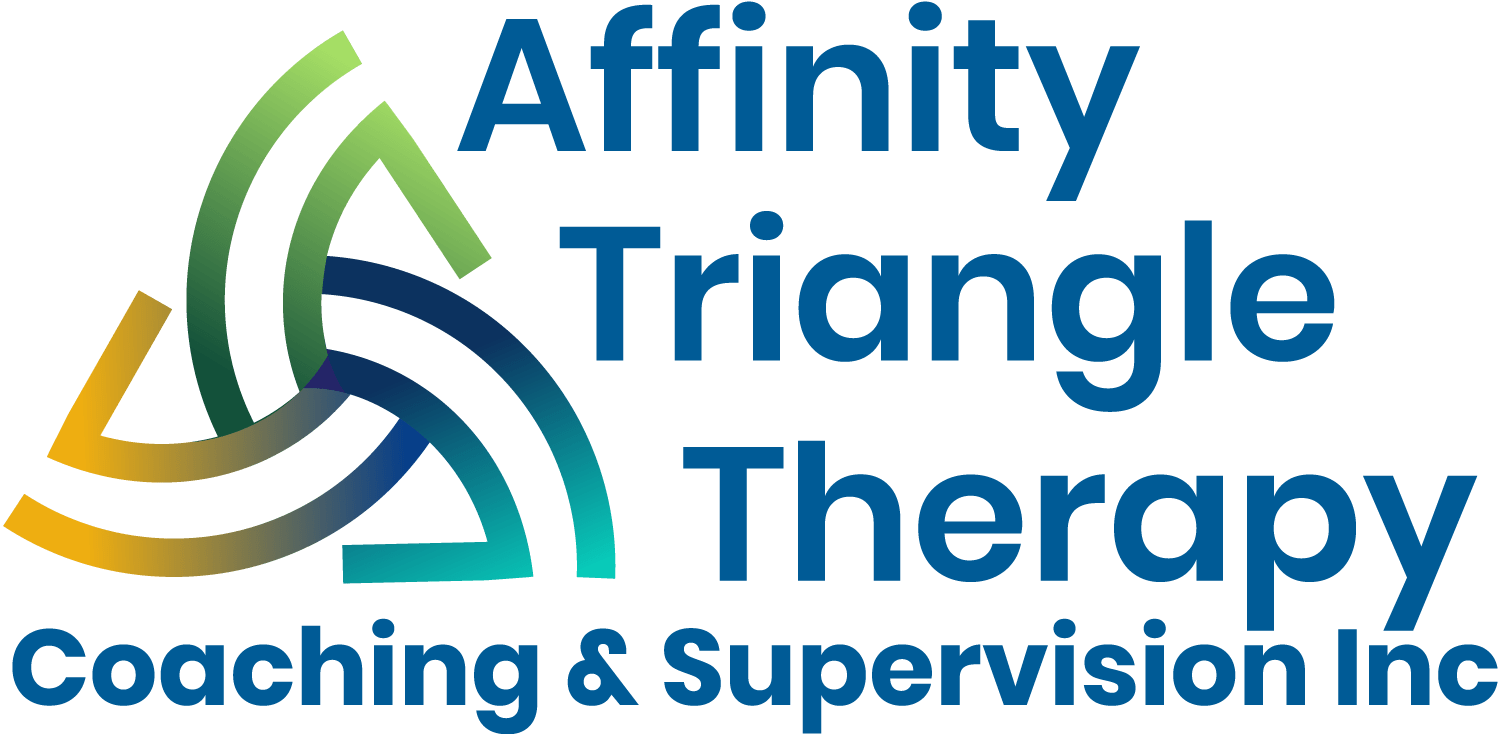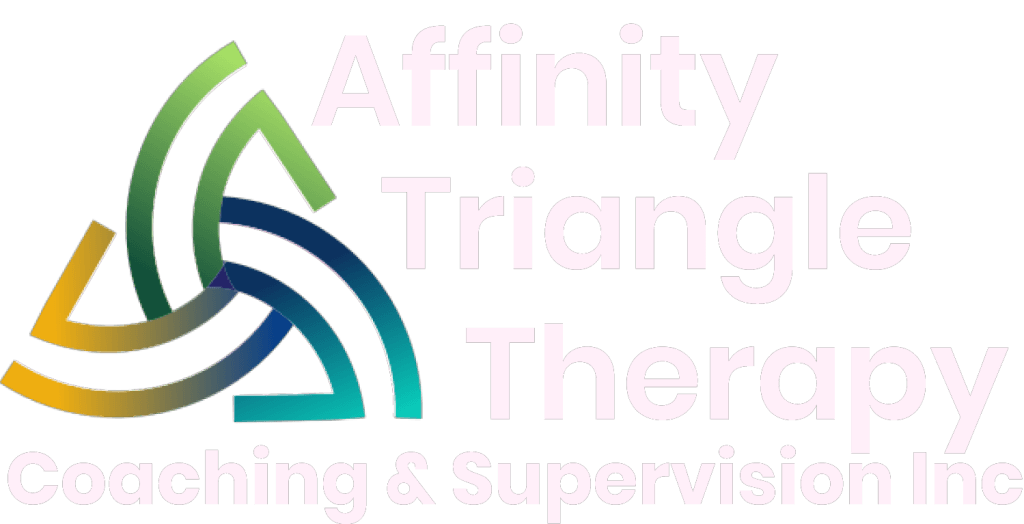You and your partner are struggling with communication, infidelity, them leaving their clothes everywhere, whatever it may be. You’ve thought about therapy in order to get them to change, but then you remember your 2nd cousin’s chiropractor went to therapy and still got a divorce. So, what gives???
Couple counseling is often seen as a widely recognized approach for couples facing relationship challenges. It’s typically focused on helping couples resolve conflicts, improve communication, and strengthen their relationship. While it has proven to be effective for many couples, it is important to acknowledge that it may not always yield the desired outcomes. In this blog post, we will explore eight reasons why couples counseling may not work as expected. Remember that these reasons are not meant to discourage seeking professional help but rather to shed light on potential factors that can hinder progress.
1. Lack of Commitment:
One of the primary reasons couple counseling may not be successful is when one or both partners lack genuine commitment to each other or to the process of therapy. When the concept of “breaking up” is on the table, there is a higher likelihood that the relationship will end in… you guessed it; A break up. You’ve heard that saying “what you put out into the universe you get back?” Just knowing that ending the relationship is an option provides enough of a mental block to keep couples from committing to the sometimes painful and difficult process of therapy.
Additionally, without commitment to the therapy progression, couples may not fully invest their time, effort, and willingness to make necessary changes. This lack of commitment can show up as a lack of attendance, minimal participation, resentment towards the other partner, or resistance to implementing the therapist’s recommendations. Some individuals may resist change due to fear, attachment to old patterns, or a lack of motivation. Ultimately, without commitment from both partners and a genuine willingness to change, the counseling process may become stagnant, making it challenging to achieve meaningful progress and resolution.
So, decide if you’re in or your out of the relationship. And then decide, that you will or won’t do the work in order to achieve the differences you are wanting to make within your partnership via couple counseling.
2. Unrealistic Expectations:
Couples often enter counseling with high hopes of a quick fix or a magical solution to their complex relationship problems. However, it is important to understand that counseling is a process that requires time, effort, patience, and active participation from both partners. Unrealistic expectations can lead to disappointment or a sense of failure and a perception that counseling is ineffective.
Additionally, unrealistic expectations can create a barrier to open communication and compromise. If one or both partners hold rigid expectations about how their partner should behave or how the counseling process should unfold, it can hinder their ability to listen, understand, and empathize with each other’s perspectives. This can prevent the development of effective communication skills and keep you from resolving conflicts.
Furthermore, unrealistic expectations can weaken the trust and rapport between the couple and the therapist. If the couple expects the counselor to “fix” their relationship without their active involvement, it can create a sense of dependency and disempowerment. This can keep the couple for connecting fully with the therapist, which is crucial step in successful couple counseling.
Overall, having realistic expectations about the process, time frame, your involvement, and desired outcomes of couple counseling is important in order to have success along your therapeutic journey.
3. Poor Communication/Communication Breakdown
Effective communication is the cornerstone of a healthy relationship. However, if couples struggle with communication issues, it can hinder the progress made during counseling sessions. Misunderstandings, defensiveness, or a lack of willingness to listen and understand each other’s perspectives can keep you stuck. In such cases, therapists may need to focus on improving communication skills before addressing deeper relationship concerns. Couples must be willing to open up, express their feelings, and actively listen to their partner for counseling to be effective.
Here are a few ways poor communication can impact couple counseling:
- Limited expression of emotions: Poor communication can lead to difficulties in expressing emotions, needs, and concerns. When partners struggle to effectively communicate their feelings, it becomes challenging for the counselor to understand the underlying issues and provide appropriate guidance.
- Misunderstandings and misinterpretations: Ineffective communication can result in misunderstandings and misinterpretations between partners. This can lead to conflicts, resentment, and a breakdown in trust. If couples are unable to clearly convey their thoughts and intentions, it becomes difficult for the counselor to facilitate productive discussions and help them to find common ground.
- Lack of active listening: Poor communication often involves a lack of active listening, where partners may not fully engage or attentively listen to each other. This can lead to feelings of being unheard or invalidated, further intensifying relationship issues. In couple counseling, active listening is key for seeing each other’s perspectives and fostering empathy and understanding.
- Escalation of conflicts: When communication is ineffective, conflicts can escalate rather than be resolved. Poor communication patterns, such as criticism, contempt defensiveness, or stonewalling (also called Gottman’s Four Horsemen), can continue negative cycles of interaction. This can make it challenging for the counselor to guide the couple towards healthier communication strategies and conflict resolution techniques.
To overcome these challenges, couple counseling often focuses on improving communication skills. This may involve learning active listening techniques, enhancing assertiveness, practicing empathy, and developing effective conflict resolution strategies. By addressing and improving communication patterns, couples can enhance their ability to express themselves, understand each other, and work towards a healthier and more fulfilling relationship.
4. Unresolved/Underlying Individual Mental Health Struggles:
Couple counseling is designed to address relationship dynamics, but it cannot fully resolve deep-rooted individual issues. If one or both partners have unresolved personal traumas, intense mental health concerns, or unaddressed substance abuse struggles, these issues may overshadow the progress made in therapy. In such cases, individual therapy alongside couple counseling or more intensive couple sessions may be necessary for comprehensive healing.
Here are a few ways individual issues can impact the effectiveness of couples counseling:
- Lack of self-awareness: If individuals are not fully aware of their own emotions, triggers, and patterns of behavior, it can be difficult for them to communicate and address their needs within the relationship. This lack of self-awareness can prevent individuals from taking responsibility for their own actions and understanding how their behavior impacts the relationship.
- Emotional baggage: Past traumas, unresolved conflicts, or emotional wounds from previous relationships can, and do, influence how individuals engage in their current relationship. If these individual issues are not addressed, they can resurface during couple counseling and monopolize session time, keeping you from working through your present partnership hurdles.
- Defensiveness and blame: Individual issues such as defensiveness, a tendency to blame others, or an unwillingness to take personal responsibility can stop effective communication and problem-solving within the counseling sessions. These individual issues can create a cycle of defensiveness and escalation, making it challenging for you to address your relationship issues constructively.
- Lack of the desire for personal growth: Couples counseling often involves personal growth and self-reflection. When one or both partners are resistant to personal growth or unwilling to make changes, you guessed it… they get stuck. Individual issues that prevent personal growth, such as a fear of vulnerability or a resistance to change, can delay the couple’s ability to make meaningful progress.
Addressing individual issues alongside the relationship issues is crucial for successful couples counseling. It may be beneficial for individuals to seek individual therapy to work through their personal challenges, which can then positively impact the overall effectiveness of couples counseling. An additional option is to seek a more involved type therapy, as some therapist offer intensive sessions which can be longer session times, weekend retreats, or specified treatment modalities.
We have already covered Lack of Commitment, Not having Realistic Expectations, Unresolved or Underlying Individual Issues and Lack of Desire for Personal Growth for reasons why your couple counseling experience may not be everything you hoped. I really thought I could fit all eight in one Blog… oops, those were my unrealistic expectations! Please read our next blog to find out the remaining four things that can keep you stuck while in couple counseling.
Written by:
Sonnee D. Stanley, M.Ed., LMFT-S, LPC-ALPS, AAMFT-S


25 Responses
I love how this blog gives a voice to important social and political issues It’s important to use your platform for good, and you do that flawlessly
Thank you!
Your ability to distill complex concepts into digestible nuggets of wisdom is truly remarkable. I always come away from your blog feeling enlightened and inspired. Keep up the phenomenal work!
Thank you!
The unique viewpoints in The writing never fail to impress me. Insightful as always!
The depth of The research is impressive, almost as much as the way you make hard to understand topics captivating.
Making hard to understand topics accessible is a gift, and you have it. Thanks for sharing it with us.
The article was a delightful read. It’s clear you’re passionate about what you do, and it shows.
This post is a testament not only to The expertise but also to The dedication. Truly inspiring.
Your posts are so well-written and engaging You have a way with words that keeps me coming back for more
You’ve articulated The points with such finesse. Truly a pleasure to read.
Each post is a window into The thoughts, and I must say, the view is stunning.
I appreciate the balance and fairness in The writing, like a perfect partner who always keeps things interesting. Great job!
The post has been incredibly helpful. Thank you for the guidance!
The ability to convey hard to understand ideas so effortlessly is as attractive as a perfectly tailored suit.
This article was a joy to read. The enthusiasm is contagious!
The argumentation was compelling and well-structured. I found myself nodding along as I read.
The insights dazzled me more than a candlelit dinner. Thanks for lighting up my intellect.
I admire the way you tackled this hard to understand issue. Very enlightening!
This was a great read—thought-provoking and informative. Thank you!
I’m amazed by the depth and breadth of The knowledge. Thanks for sharing!
The perspective is like a rare gem, valuable and unique in the vastness of the internet.
A masterpiece of writing! You’ve covered all bases with elegance.
The way you articulate The thoughts is as refreshing as the first sip of coffee in the morning.
I appreciate the clarity and thoughtfulness you bring to the topic of the state of the country.